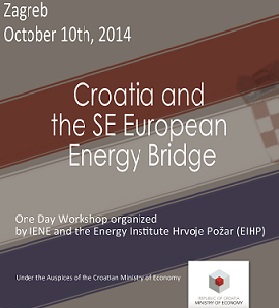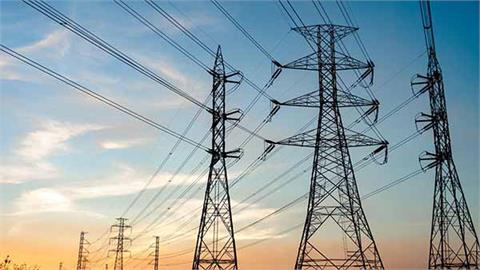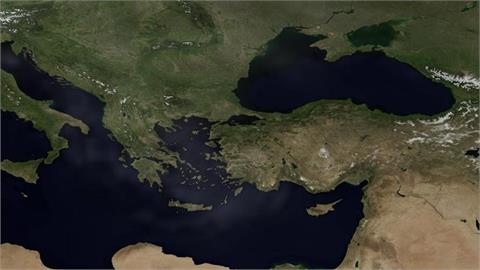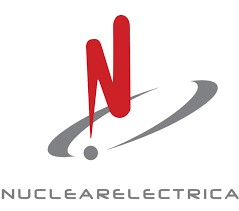High-ranking government officials, senior business executives, representatives from regional organisations, and energy experts from Croatia, Serbia, Montenegro, Turkey and Greece attended IENE’s one day workshop on "Croatia and the SE European Energy Bridge” which was held in Zagreb, Croatia, on October 10, 2014
High-ranking government officials, senior business executives, representatives from regional organisations, and energy experts from Croatia, Serbia, Montenegro, Turkey andGreeceattended IENE’s one day workshop on "Croatia and the SE European Energy Bridge”which was held in Zagreb, Croatia, onOctober 10, 2014. This IENE workshop was organized in co-operation with the Croatian Energy Institute Hrvoje Pozar (EIHP) under the auspices of the Croatian Ministry of Economy and with the active support of the Croatian Gas Company, Plinacro.
This latest IENE event comes in response to the intense energy changes that are now in evidence in the broader region of SE Europe where a series of key energy developments are taking place and major investment decisions on large energy infrastructure projects are helping to deepen energy partnerships and provide a bridge between S.E. European countries. Combined with the present difficult economic situation facing most SE European countries and the implications on security of energy supply and the global concern for the provision of viable alternatives, these developments, formed the basis for the agenda of IENE’s workshop.
The first session of the workshop, focused on the regional perspectives of the Croatian energy sector as Croatia’s position in the region is crucial both in terms of market operation and infrastructure. Croatiabeing at the end of the East – West corridor and at the start of a proposed West – East energy supply route is pivotal for the operation of the overall regional energy system. The first session started with introductory remarks by IENE’s Executive Director Mr. Costis Stambolis, followed by a presentation of Dr. Goran Granic, the General Manager of the Croatian Energy Institute Hrvoje Pozar (EIHP). Mrs. Natasa Mihajlovic, Head of Unit for Energy Policy, Strategy and EU Projects of the Croatian Ministry of Economy presented the government’s view point while Mr. Marin Zovko, the President of the Board of the Croatian Gas company Plinacro outlined the key role of his company in the further development of Croatia’s energy sector stressing the paramount regional consideration.
The second session was dedicated to power generation, electricity infrastructure and market operation in Croatia. This session focused on main issues which the Croatian Electricity Market is facing today, namely electricity interconnections and the barriers to full utilisation of cross border transmission capacities, market constraints, the limits on new electricity installed capacity, investment opportunities and the integration of Croatia’s electricity market at regional level. During the second session presentations were made by Mr. Nijaz Dizdarevic, Electricity Expert from EIHP, Mrs Dijana Martinčić, IT Expert from SEE CAO in Montenegro, Mr. Davor Bajs, Projects Coordinator of EIHP and Dr. Ivan Andročec from the Croatian electicity company HEP.
The challenges faced in the development of Renewable Energy Sources (RES) and energy efficiency in SE Europe and especially in Croatia was the subject of the third session. In Croatiathere is a positive attitude towards RES and the RES share on final energy gross consumption is almost 18%, thanks largely to major hydro electric projects. Since 2013 Croatiaadopted its national energy plan for RES but the legal framework in not yet complete while authorisation procedures must be further simplified. The efforts are currently focused in eliminating any wholesale market distortions coming from inadequate RES support. In this session the prospects of developing the photovoltaic sector in Croatiawere presented, as well as the efforts to fulfil the 20-20-20 RES targets, striving, at the same time, to tackle severe bureaucratic and financing obstacles. Speakers in this session included Mr. Nicholas Sofianos, Research Projects Coordinator at IENE, Dr. Branka Jelavić, Head of Department for Renewable Energy Sources and Energy Efficiency in EIHP, Mrs. Vesna Bukarica from Croatian Energy Efficiency Fund and Environmental Protection Fund and Mr. Zvonimir Radovecki, from the Croatian Professional Association for Solar Energy.
Finally the fourth session focused on the regional investment and business opportunities in the oil & gas sector in SE Europe followed by a lively panel discussion on the prospects of establishing a regional gas market. The session covered energy security considerations, long- term energy planning challenges, as well as the latest developments in the geopolitical sub-system of South Eastern Europe and the new energy routes which now emerge. Furthermore, central to the discussion was the regional supply of natural gas and the need of creating a competitive natural gas market in SE Europe, where Croatia can indeed play a vital role. In this session IENE’s proposal for creating a regional natural gas hub was also presented. Interventions in the fourth session were made by Mr. Josip Bubnić, Exploration Projects Department Manager of INA, Mr. Costis Stambolis the IENE’s executive director, Mr. Vladimir Đurović, Manager in the Development Division Department of Plinacro and Mr. Volkan Ozdemir, Chairman of the Turkish Institute EPPEN based in Ankara.
One of the most important observations and a main conclusion of this IENE workshop was that Croatia and the West Balkan region as a whole is unique as a bridge for energy transmission while Croatia is undergoing a phase of significant transformation concerning its energy infrastructure and its energy market. As a number of key infrastructure projects are currently under development covering the whole Croatian energy sector (electricity, natural gas, oil upstream, RES, energy efficiency, regulatory regime) we are likely to see strong demand for the financing and for financial services related to small and mid scale energy projects in Croatia. These forthcoming developments, which concern both market operation and energy production/ transmission capabilities, will inevitably affect the investment climate, contributing to a positive overall outlook.
After concluding remarks and the close of the Workshop by IENE’s
Executive Director, a cocktail reception followed for all participants which was
hosted by the Croatian National Gas Company, Plinacro.




